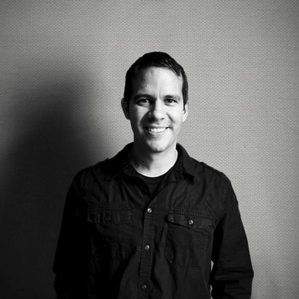 The December 2012 issue of Southern Seminary’s Towers featured a thoughtful piece on the “Christian year” by Louisville pastor Daniel Montgomery. Montgomery is pastor of Sojourn Community Church and a cofounder of the Sojourn Network.
The December 2012 issue of Southern Seminary’s Towers featured a thoughtful piece on the “Christian year” by Louisville pastor Daniel Montgomery. Montgomery is pastor of Sojourn Community Church and a cofounder of the Sojourn Network.
I am from a low-church background. We observed such holidays as Christmas and Easter, of course. But this essay, entitled “Reasons for the Seasons,” made me think in a fresh way about the church calendar. Here’s a bit from the piece:
Rightly understood, there is nothing mystical about the Christian year. There is nothing about it that requires us to treat the Christian year as if it were commanded in Scripture, like baptism and communion are commanded. Yet there is nothing about it that requires us to steer away from it or regard it as an unbiblical intrusion on our services and our daily lives.
It is simply a practice of historic Christianity that continuously stirs reflection, anticipation and action in the hearts of God’s people for the whole, big story of the gospel. More and more Christians are rediscovering this historic practice, and growing in the truth and knowledge of Christ.
Bravo to Montgomery for a short but very insightful essay. I like how balanced he is. He puts no pressure on local churches to observe the calendar, but directs us to history. We don’t have to follow this practice, but there could be good that comes from it, including a sense of transcendence in our services and a connection to previous generations of God’s church.
I’m not sure what it is, but the older I get, the more I love the sense of transcendence in worship that different traditions provide. The preaching tradition of the Reformation and the desire for a focused service of the Baptists have made their mark on me. But the more you mature, the more you find yourself appreciating other traditions, and wanting to learn from all God’s people and their practices. This is exactly what we try to teach in church history: to give a place in one’s spiritual formation to past Christians and their wisdom.
I’m no Hallmark Christian, but I also don’t incline toward a liturgy that has no place for historic Christian wisdom. There’s power in the old ways. There’s connection to faithful brothers and sisters. There’s transcendence in the old paths.











